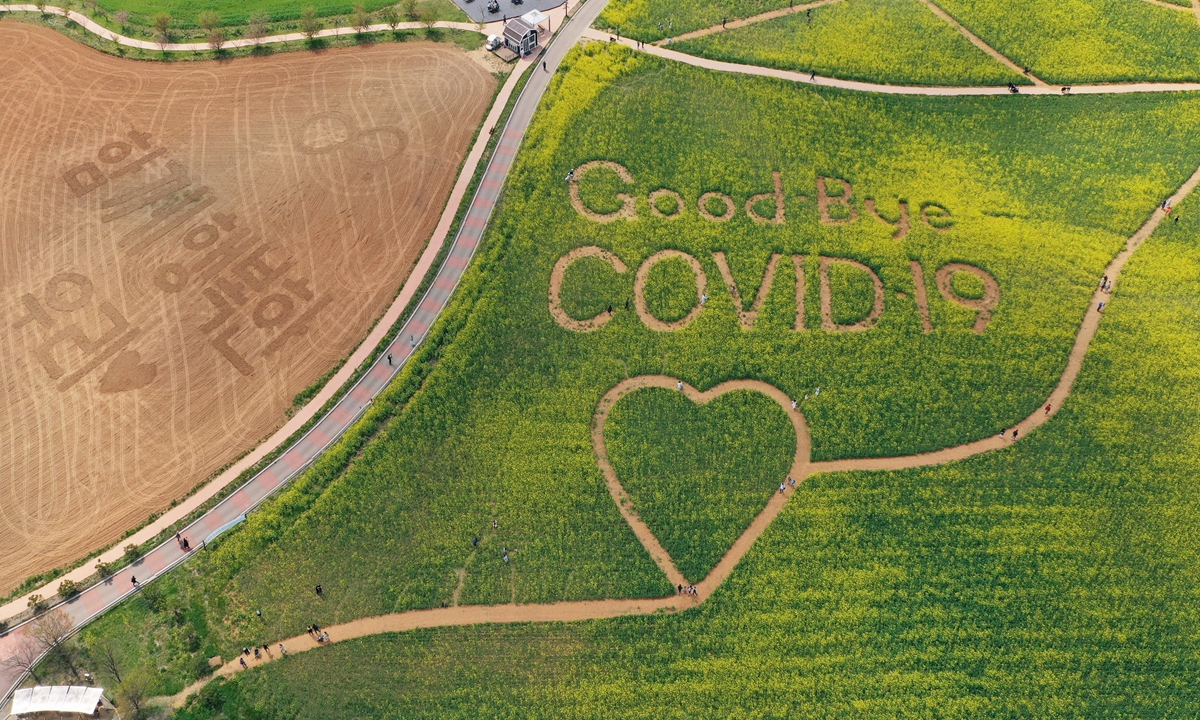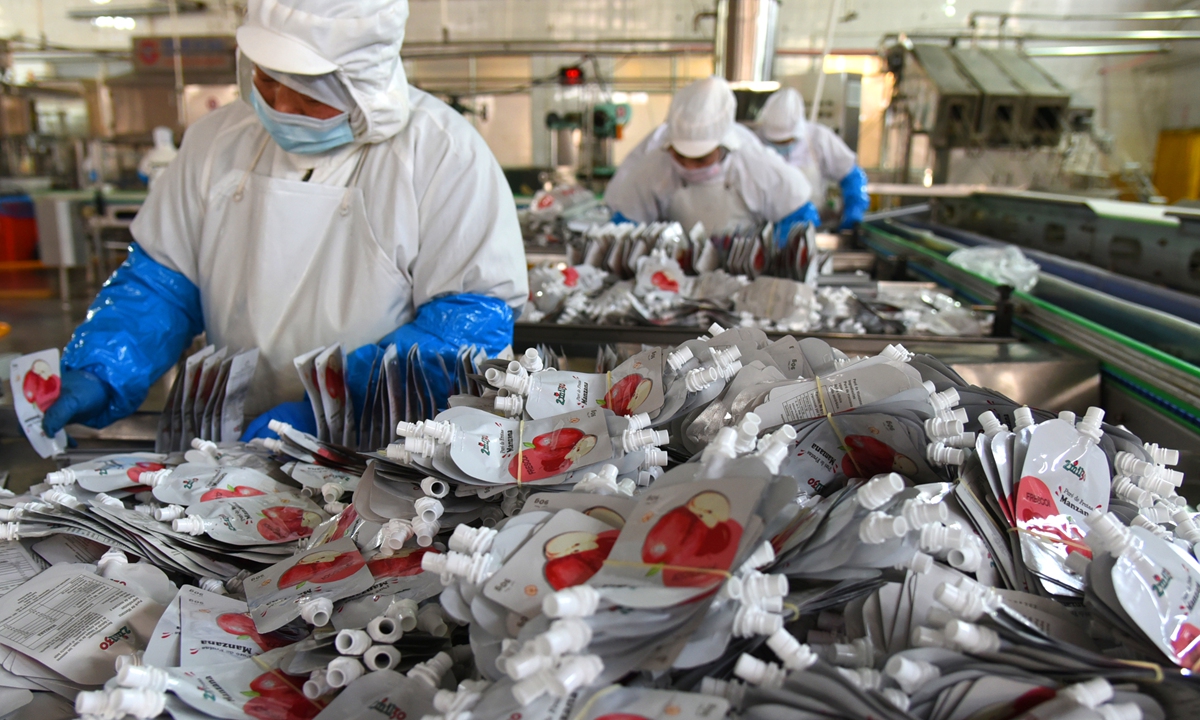CORONAVIRUS
S.Korea trusts Chinese vaccines, will allow quarantine-free travels for vaccinated

Photo: VCG
After the World Health Organization (WHO) officially approved two Chinese-made COVID-19 vaccines, South Korea became the first country to fully exempt travelers vaccinated with shots of Sinopharm and Sinovac from its original mandatory two-week quarantine starting on July 1, a move seen by many as a long-awaited trial for more countries to open their borders to travelers holding "Chinese vaccine passports."
South Korea's exemption applies to those who have received one of the vaccines approved by the WHO - Pfizer, Johnson & Johnson (J&J), Moderna, AstraZeneca, Covidshield, Sinopham and Sinovac - while travelers still need to be tested before and after arriving in South Korea. Visitors from countries with major outbreaks or variants will not be allowed to skip the quarantine, local media reported.
Meanwhile the EU has decided to launch its intra-EU "COVID-19 vaccination passport" from July 1, and it will also introduce entry quarantine periods or testing upon arrival. It will serve as evidence of the holder getting full shots that were approved by the EU Medicine Agency including Moderna, AstraZeneca, Pfizer, and J&J, but not Chinese ones.
Experts said that South Korea's policy is a "good step forward" in trials for mutual vaccination recognition, and reflects South Korea's confidence in Chinese vaccines.
If the policy goes well in South Korea, China can refer to it when adjusting its own management measures on arrivals who have developed immunity, a Beijing-based immunologist told the Global Times on condition of anonymity.
But considering the current epidemic in Guangzhou, South China's Guangdong Province - a major destination for international arrivals to China - it requires more observation and discussion before China makes such an adjustment, the immunologist said.
Immunologists remain cautious in suggesting quicker steps in achieving mutual recognition, considering that some regions using Chinese vaccines are still in a severe struggle against the coronavirus and its mutants.
China probably would continue its strict anti-epidemic policies for "quite a long time" given the severity of the COVID-19 pandemic. Most importantly, no vaccine is 100 percent effective in preventing the virus, Feng Duojia, president of the China Vaccine Industry Association, told the Global Times on Tuesday.
To keep requiring nucleic acid tests for international arrivals is very important to ensure safe implementation of the policy, Feng warned.
"It is still a long way off before the world can only use vaccination documents for international travels," Feng said, and governments should consider how to reopen with conditions, like South Korea.
Lei Ruipeng, a member of the WHO Ethics and COVID-19 Working Group, previously estimated in an exclusive interview with the Global Times that China could consider launching policies similar to vaccine passports by the end of this year if the country can build herd immunity.
Other countries have attempted to offer convenience or quarantine reductions with travelers getting Chinese vaccines. Thailand, for example, in April approved a list of eight vaccines including ones from Sinopharm and Sinovac as a prerequisite to reduce the quarantine period from two weeks to seven days.
Chinese Ambassador to Israel Pan Qirui said in mid-March that Israel is making efforts to reach an understanding with China on mutual recognition of vaccination to achieve cross-border exchanges.
Analysts expect more countries will enlist the Chinese vaccines among others for quarantine-free entry conditions.



